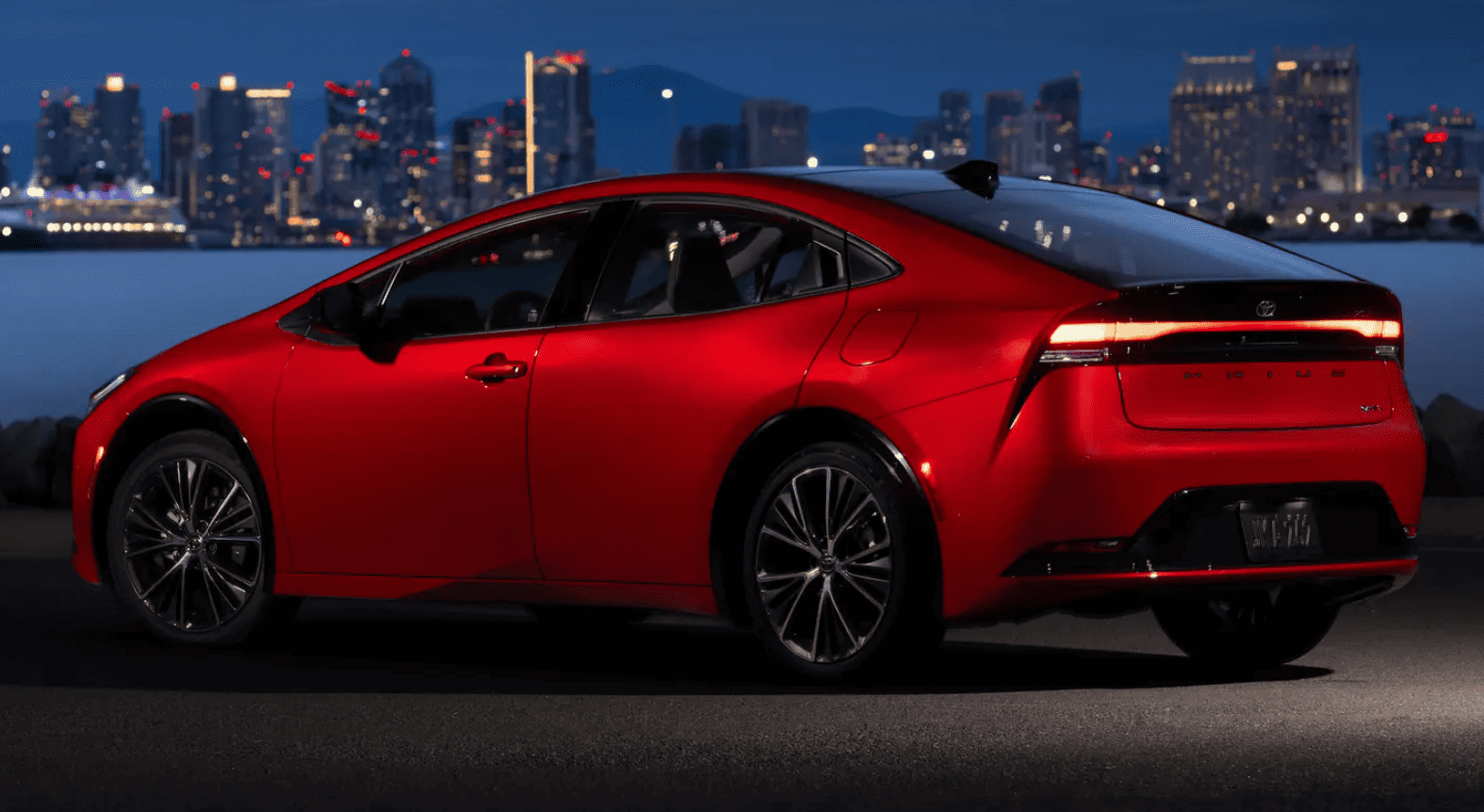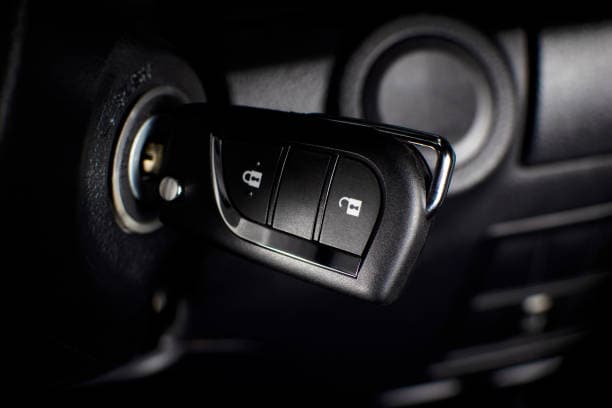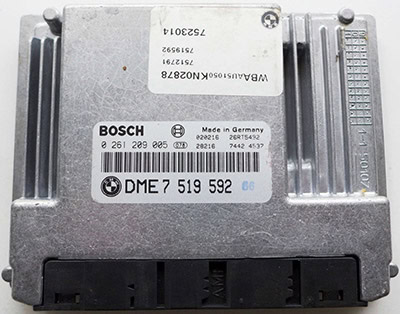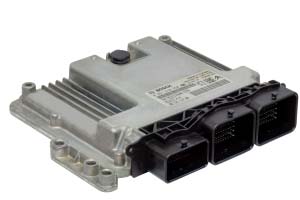You’ve probably heard about the auto industry’s transition to a cleaner, electric future a.k.a Hybrid car unless you’ve been living in a cave for the past five years. Hybrids and plug-in hybrids are significant components of this transition to greener automobiles, along with pure electric vehicles. But what exactly is a hybrid vehicle, and should you purchase one?
Here is all the information you need to get up to speed on a hybrid car.
What is a hybrid car?
A hybrid vehicle is one that normally combines an electric motor and a traditional combustion engine, which is typically fueled by petrol. The car’s batteries are charged by the combustion engine. The electric motor often turns on when more power is required, like during acceleration. By assisting the combustion engine with an electric motor, vehicles can be made more fuel-efficient. As this is when they consume the most fuel.
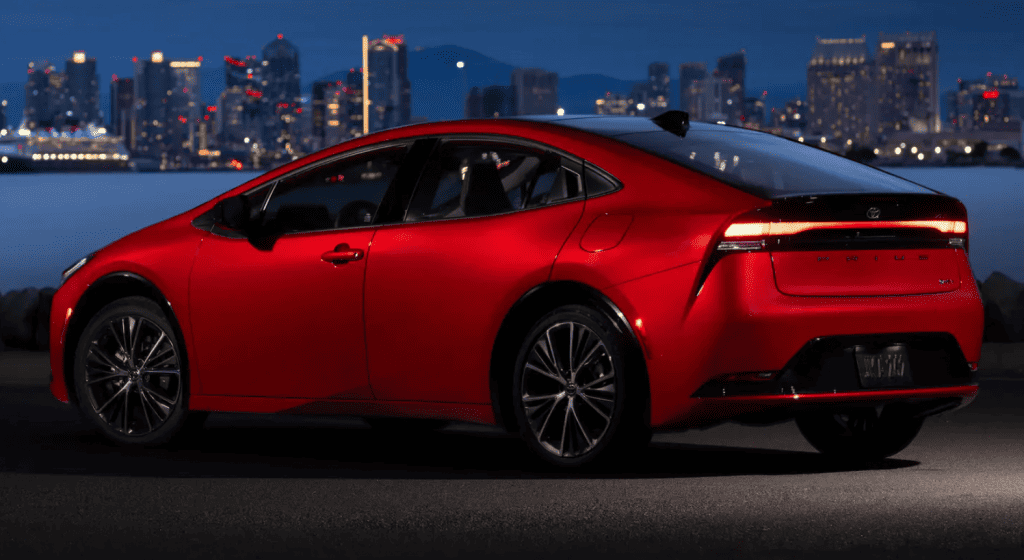
The majority of hybrid vehicles use waste energy from other sources to recharge their batteries. Regenerative braking, for instance, is a technique used by hybrid vehicles. To recover the kinetic energy generated during brakes and utilise it to power the batteries.
When this happens, the engine also shuts down automatically, conserving fuel and reducing pollution. Numerous hybrid vehicles, such as the well-known Toyota Prius. It can travel short distances only on electricity. Which comes in useful if you want to leave early in the morning without waking up your neighbours.
What is a plug-in hybrid car?
An electric outlet, such as a three-pin socket in your garage or a public charging station. Can be used to recharge the battery of a plug-in hybrid electric vehicle (PHEV). Which is a hybrid automobile that can be plugged in. Although they can’t go as far as battery electric vehicles (BEVs). Plug-in hybrids can go farther on electric power alone than conventional hybrids.
Although some models, such as the Hyundai Santa Fe Plug-in Hybrid, Toyota RAV4 Plug-in Hybrid, and Volkswagen Golf. Can go closer to or further than 0 miles on electricity alone. Most PHEVs have an electric-only range of about 30 miles.
In practice, this means that a PHEV can be operated primarily on electricity. If you have a round-trip commute of about 30 miles and can charge your plug-in vehicle with petrol at home or work. Your fuel costs can decrease as a result. The petrol engine is available and can be refuelled as usual if you need to make a longer trip or travel farther.
Self-charging hybrid cars: what are they?
Non-plug-in hybrid cars that use one or more electric motors to enhance the performance of the vehicle’s combustion engine are frequently referred to as “self-charging hybrids.”
These “HEV” hybrids cannot be plugged in to charge, unlike PHEVs. Instead, energy is produced by the engine or the brakes of the car, so they self-charge as you drive.
What are mild hybrid automobiles?
‘Mild hybrid’ (MHEV) vehicles run on petrol or diesel and feature a very tiny hybrid system. That is often driven by a lithium-ion battery. Mild hybrid vehicles convert the kinetic energy created when slowing down into electric energy. Which is then stored in the battery, similar to a “self-charging hybrid.”
The electric motor then makes use of this to help the combustion engine accelerate and save gasoline. HEVs and PHEVs can run entirely on electricity, but MHEVs cannot. The Ford Fiesta and Puma as well as the Suzuki Ignis and Swift are popular mild hybrid vehicles.
How common are hybrid vehicles?
The number of alternative-fuel vehicles on our roadways has significantly increased during the past ten years. Additionally, the government’s announcement that new petrol and diesel automobile sales would be prohibited beginning in 2030 has encouraged further expansion.
As of the time of writing (August 2021) and according to data from the Society of Motor Manufacturers and Traders (SMMT). Registrations of new automobiles in the UK increased by 24.9% in 2021 over 2020. Registrations of hybrid cars also increased significantly. At the same time, new petrol-electric hybrid car registrations are up 67.9% year-over-year to 87,261. While plug-in hybrid vehicle registrations are up 151.4% above 2020 statistics (with total sales of 68,137).
Even mild hybrid registrations are rising, with the overall number of petrol MHEVs up 203% and the total number of diesel MHEVs up 152.4% in 2020. Currently, 33.7% of the UK’s new car market is made up of hybrid vehicles of all varieties. This will expand as more manufacturers offer hybrid vehicles.
Are hybrids less expensive to run?
Whether hybrids are less expensive to operate is mainly dependent on you and how you drive. The increased fuel efficiency of hybrid cars. Which can use up to 30% less gasoline per mile than conventional cars, is one of its key advantages.
A plug-in hybrid could reduce your gasoline expenditures even more if you live in a city. Have regular access to charging stations, and the majority of your trips are under 30 miles. This is because a large portion of your driving will be done using only electricity. Be warned, too, that PHEVs effectively transform into heavy combustion-engine vehicles on extended trips. Which will result in lower fuel efficiency than their non-hybrid equivalents.
This implies that if you spend a lot of time driving, especially at higher speeds, a hybrid may not be the best option for you. Instead, it may be more affordable and energy-efficient to select a newer, “cleaner” petrol or diesel engine.
Are hybrid cars dependable?
- Simply said. Remember, though, that reliability will vary between makes and models as it does with all autos.
- Although hybrids have two power sources—a gasoline or diesel engine and an electric motor—this does not entail that they have a higher failure rate than either electric or vehicles that use only fuel.
- Because they don’t operate when you’re moving slowly or in crowded areas, hybrid vehicles are frequently more dependable than conventional ones. This results in significantly less engine wear and tear.
- Brakes also follow a similar pattern of events. Regenerative brakes are a feature of hybrid cars that aid in energy production. Most of the time, you won’t need to use the foot brake unless you need to brake quickly.
- Your hybrid’s conventional brakes may not even need to be applied once during the day, which means that they will require less frequent maintenance.
If I purchase a hybrid, will I pay less tax?
Before, there were several tax benefits offered to buyers of hybrid and plug-in hybrid vehicles. But, many of these have recently been reduced or eliminated.
Before the April 2017 implementation of new car tax regulations, new hybrids and plug-in hybrid electric vehicles (PHEVs) qualified for free annual road tax (i.e., car tax). If their CO2 emissions were under 100g/km. Only new, pure electric vehicles with zero emissions are now eligible for this exemption.
However, pre-2017 hybrids and plug-in hybrid electric vehicles (PHEVs) are still subject to the previous system of vehicle taxes. Which means they are still exempt if their CO2 emissions are under 100g/km. After the first year, new hybrids and PHEVs costing under £40,000 have a flat tax of £145, which is £10 cheaper than their petrol or diesel equivalents. The premium tax assessed for vehicles costing more than £40,000 is now £335 per year for years two through six.
Does buying a hybrid car qualify me for a discount?
Before a contentious government cutback on its ‘green grant’ programme in October 2018. It purchasers of hybrid and plug-in hybrid electric vehicles (PHEVs) could get money back when they purchased a new automobile.
Read more: The Shelf Life of Your Idle European Car
Before the Department of Transport declared that all hybrid and PHEV vehicles would be removed from the grant programme. They were all eligible for subsidies of up to £2,500. Even though the highest subsidy that owners can receive has been reduced from £4,500 to £2,500. Pure electric vehicles are still included.
Why don’t diesel-hybrid vehicles have greater appeal?
Several factors make gasoline engines more prevalent in hybrid vehicles than diesel ones. First of all, a lot of hybrid customers desire a more environmentally responsible mode of transportation. Sales of diesel-electric hybrids have therefore suffered greatly as a result of the negative news surrounding diesel vehicles and their NOx emissions. Additionally, a diesel engine alternately runs with an electric motor. It does not offer the same smooth city driving as a petrol-electric hybrid.
Which hybrids are the best available?
The best hybrid or plug-in hybrid electric vehicle for you will mostly depend on how you drive your automobile. And there are increasingly more manufacturers adding hybrid models to their lineups.
Renault Captur, Skoda Octavia, and Volkswagen Golf petrol-electric variants all received a maximum five stars in current Euro NCAP safety testing. Earning between 92 and 96% for adult protection and 83 to 89% for child protection. The Toyota Prius is still among the smoothest hybrid drives and is the alternative fuel vehicle with the highest global sales.
A pioneer in the electric car industry, the Prius is offered as a hybrid and a plug-in hybrid electric vehicle (PHEV) and boasts some of the lowest CO2 emissions in its class as well as very low levels of dangerous NOx. One of the more fun PHEVs to drive is the plug-in Mini Cooper SE Countryman. With a 22-mile all-electric driving range, your everyday commute might be emission-free.
Do hybrids continue to have value?
Although hybrids and PHEVs are more expensive to purchase than their petrol or diesel equivalents (up to 20% more in certain situations), you may be able to recoup a large portion of this additional cost when you sell due to better resale prices.
Hybrids and plug-in hybrid electric vehicles (PHEVs) are in high demand in the used automobile market due to their low operating costs and high reliability, and their numbers have increased in recent years as more automakers adopt hybrid technology. The two brands that have dominated the hybrid market over the past ten or so years, Toyota and Lexus, are usually thought to be the best at maintaining their value.
A growing number of our patrol vans are equipped with emergency mobile charging equipment that can give a dead electric car enough juice to be driven home or to a functional charging station. Our patrols can safely rescue electric automobiles without a flatbed because of our All-wheel-Up recovery equipment.
